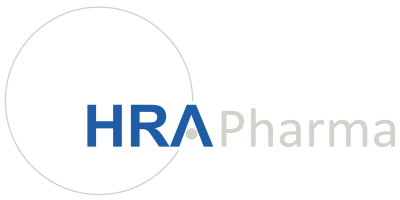References for ella® effectiveness
1 Patient labeling
2 Brache V, et al. Contraception. 2013;88(5):611 8.
3 www.accessdata.fda.gov/drugsatfda_docs/label/ 2019/021998Orig1s006lbl.pdf


Put your future in your hands.
You are encouraged to report negative side effects of prescription drugs to the FDA. Visit www.fda.gov/medwatch or 1-800-FDA-1088.
Click here to access all references.

ella® is a prescription emergency contraceptive that reduces your chance of becoming pregnant if your birth control fails or you have unprotected sex.
ella® Important Safety Information
The most common side effects of ella® (ulipristal acetate) tablets include headache (18%), stomach pain (12%), nausea (12%), menstrual pain (9%), tiredness (6%), and dizziness (5%). ella® should not be used if you know or suspected you are pregnant, and ella® should not replace a regular method of birth control. If you become pregnant or have lower abdominal pain after taking ella®, seek help from a healthcare provider right away as you could have a pregnancy outside the womb (ectopic pregnancy). ella® may change when the next period comes. If your period is delayed beyond 1 week, you should be checked for pregnancy. Do not use ella® if you are breastfeeding. Do not use ella® more than once in a menstrual cycle. After taking ella® if you do have sex again in the same cycle, use a reliable barrier method of birth control like condoms until your next period. Using ella® with hormonal birth control such as birth control pills can reduce the effectiveness of both drugs to prevent pregnancy. If you are planning to use hormonal birth control, do so no sooner than 5 days after you take ella®. Using some medicines and herbs may make ella® less effective. Talk to your healthcare provider about all medicines and herbs you are taking before you use ella®. ella® does not protect against sexually transmitted infection or HIV.
You are encouraged to report negative side effects of prescription drugs to the FDA. Visit www.fda.gov/medwatch or 1-800-FDA-1088.
Please see full Prescribing Information for ella®.
Reference
ella® prescribing information. Morristown, New Jersey: HRA Pharma America; June 2020.
ella® is a prescription emergency contraceptive that reduces your chance of becoming pregnant if your birth control fails or you have unprotected sex.
ella® Important Safety Information
The most common side effects of ella® (ulipristal acetate) tablets include headache (18%), stomach pain (12%), nausea (12%), menstrual pain (9%), tiredness (6%), and dizziness (5%). ella® should not be used if you know or suspected you are pregnant, and ella® should not replace a regular method of birth control. If you become pregnant or have lower abdominal pain after taking ella®, seek help from a healthcare provider right away as you could have a pregnancy outside the womb (ectopic pregnancy). ella® may change when the next period comes. If your period is delayed beyond 1 week, you should be checked for pregnancy. Do not use ella® if you are breastfeeding. Do not use ella® more than once in a menstrual cycle. After taking ella® if you do have sex again in the same cycle, use a reliable barrier method of birth control like condoms until your next period. Using ella® with hormonal birth control such as birth control pills can reduce the effectiveness of both drugs to prevent pregnancy. If you are planning to use hormonal birth control, do so no sooner than 5 days after you take ella®. Using some medicines and herbs may make ella® less effective. Talk to your healthcare provider about all medicines and herbs you are taking before you use ella®. ella® does not protect against sexually transmitted infection or HIV.
You are encouraged to report negative side effects of prescription drugs to the FDA. Visit www.fda.gov/medwatch or 1-800-FDA-1088.
Please see full Prescribing Information for ella®.
Reference
ella® prescribing information. Morristown, New Jersey: HRA Pharma America; June 2020.